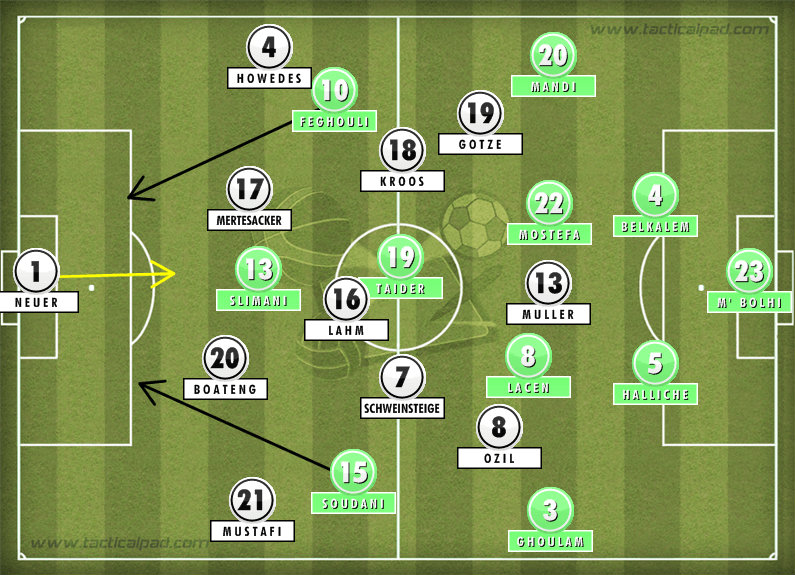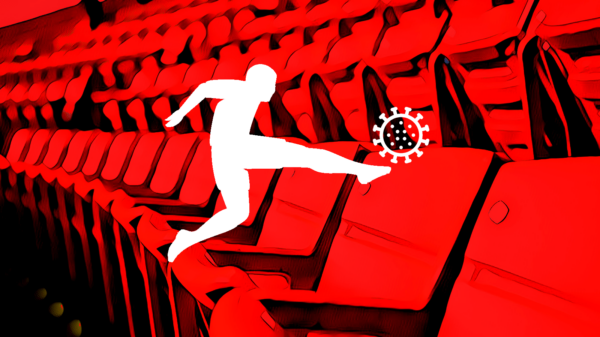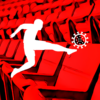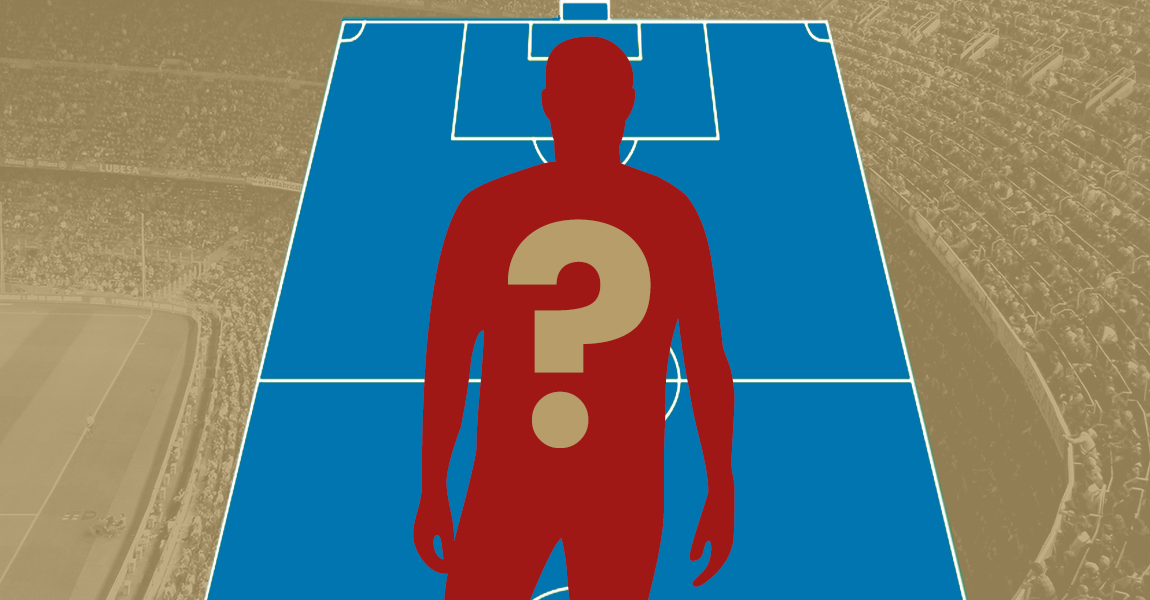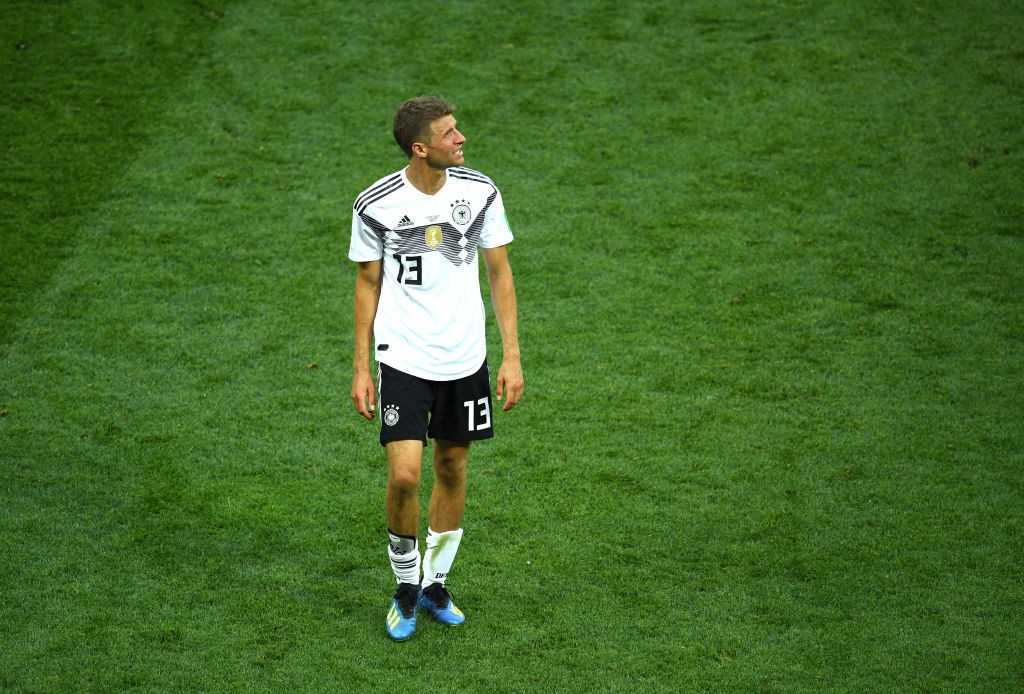It was another game of the underdog impressing, performing better than the favourites, but going out late on after being punished for not taking their chances. Algeria came into the game with the hopes of the African continent and the Arab World resting on their shoulders. They didn’t take the usual route minnows do but rather employed an attacking approach, leaving many admirers in their wake. But a less than impressive German side took their chances as the Algerians didn’t, proceeding to the quarter-finals.

Germany (4-3-3): Neuer, Boateng, Mertesacker, Mustafi (Khedira 70′), Howedes, Lahm, Kroos, Schweinsteiger (Kramer 109′), Ozil, Gotze (Schurrle 45′), Muller
Algeria (4-2-3-1): M’Bohli, Halliche (Boughera 97′), Belkalem, Mandi, Ghoulam, Lacin, Mostefa, Taider (Brahimi 78′), Feghouli, Soudani (Djabou 100′), Slimani
Goals: Schurrle 92′, Ozil 119′, Djabou 120′
ANALYSIS
Germany’s full-back issue
Starting from the very first game and upto this one, Germany’s defensive line had four men across the board – all players who have preferred to play at centre-back in their careers. Hummels was out of this game with flu, Shkodran Mustafi was thus brought in. Having intensely followed Mustafi with our Talent Radar feature, can tell you that he is as solid a young centre back as you’ll find anywhere. The problem is that having been played at right-back, a position he isn’t comfortable at, Mustafi was one of the weakest points of Germany’s defence.
RELATED ARTICLES
It was strange because firstly in Boateng, Germany had someone capable of playing at right back, putting him there and shifting Mustafi to centre of defence would have been the logical thing to do. Löw’s decision bewildered many and his reluctance to change despite seeing the success of Algeria’s attacks was an added annoyance for German fans. What made his decision even stranger was the fact that he opted to play arguably the best right-back in the World, Philipp Lahm, in the centre of midfield despite the above problems. Germany aren’t short of personnel centrally in midfield, so why play Lahm there while compromising in defence?

Algeria’s attacking third passes | via FourFourTwo/Statzone
Although the above isn’t as conclusive, you can see a clear tendency in Algeria’s attack to constantly go left, identifying the weakness on that side. Putting a central defender at right-back and hoping he defends isn’t as simple. The whole methodology of reading the game centrally is different to that out-wide. Löw didn’t even look to change the system given the lack of natural full-backs. Mustafi & Howedes were required to get forward as much as any full-back would. This in turn further proved to be difficult as their inability to balance out forward runs and tracking back was easily exploited by Algeria.
Algeria’s attack & finishing
Carrying on from the previous point, Algeria were finding a lot of joy down the wings with Feghouli & Soudani on either side taking advantage of the weakness in the full-back zone of the German defence. The speed of their attack allowed them to easily beat the full-backs pace-for-pace. Interestingly it must be noted that both Feghouli & Soudani were doing quite a remarkable job of tracking back to help out their defence. They were effectively doing a better full-back job than Howedes & Mustafi.

Algeria’s heat-map | via Squawka
This further gives you an idea of the Algerian attack, everything was coming in from the wings but there was very little penetration centrally. While Germany more than allowed the wings to be exploited they were solid in the central position. It meant that Feghouli & Soudani had to do it all themselves. Slimani & Taider were kept fairly quiet in the game.
This eventually started taking a toll on the Algerians because the key to them successfully forcing extra time was these wide men in Feghouli & Soudani. Their entire counter-attack was created, led & performed due to these two individuals. As the game wore on, especially in the second half, a lot of the running was being controlled by the Germans with Algerian energy levels dropping.
The chances that Algeria did create were ones you’d imagine they’d be killing themselves for not taking. Too often we saw players get into the box, with brilliant chances of setting up their team-mates but rather went for it themselves. The final ball was lacking in all Algerian attacks. They breached the defense quite easily, exposing the weakness of the Germans but they were extremely unconvincing in the final third. The illustration of their passes above suggests just that. They found it successful to exploit the wings, not quite so much beyond that.
Neuer’s role crucial in preventing Algeria attack
One of the most remarkable performance on the night came from Germany’s keeper Manuel Neuer. But unlike the rest of the tournament where goalkeeping has been top-notch, Neuer was praised for his outfield play. The Bayern keeper effectively added himself as the 5th player in Germany’s defence.
His role as a sweeper was particularly useful because the Algerian attack was much quicker than the four Germans deployed ahead of Neuer. Plenty of occasions a ball through the defence and over them was looking increasingly threatening.
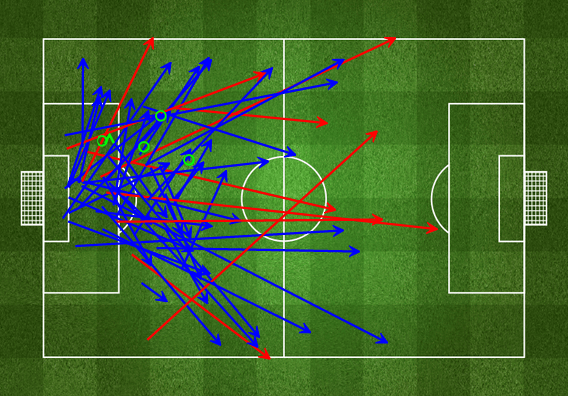
Manuel Neuer | via FourFourTwo/Statzone
Manuel Neuer in fact completed more passes than the aforementioned Shkodran Mustafi, attacker Mario Gotze who started the game and his eventual replacement Andre Schurrle who scored the decisive opening goal in extra time.
Most often we would see goalkeepers not come out quite as far out as Neuer did, that would have quite easily allowed an Algerian attack to materialize given how fruitful they were finding it getting in behind the defence.
Tired Algeria, possession Germany
As the game grew into the latter stages and into extra-time, Algeria’s energy levels (as mentioned) dropped. They weren’t as active as they were, allowing Germany’s possession game to sweep in. They saw a lot of the ball, were able to retain it much better with less attack from the Algerians.
 The illustration on the right is of Germany (left) & Algeria’s (right) passing after the 60 minute mark. Germany were finding it much easier to retain the ball as the game wore on with very little from Algeria. Their only real successful passes were backwards and any penetrative ones were intercepted by the German defence.
The illustration on the right is of Germany (left) & Algeria’s (right) passing after the 60 minute mark. Germany were finding it much easier to retain the ball as the game wore on with very little from Algeria. Their only real successful passes were backwards and any penetrative ones were intercepted by the German defence.
This was the only time when Germany’s system of four defenders who prefer the centre backs role worked, because they opted to now sit deeper more (including the full-backs), preventing those runs in behind.
Key Player of the Match
In a tournament on goalkeepers, would be fitting to recognise the performance of another one. Algeria’s Rais M’Bohli was faced up with a staggering 28 shots throughout the game and was forced into some ridiculously good saves. The likes of Thomas Muller were left wondering what they were up against. He unfortunately & crucially conceded two in extra-time, one being the most deft of touches and the second an absolute rocket from close range. But his performance kept many eagerly awaiting a potential penalty shoot-out clash with Manuel Neuer.
Where does this leave them?
Algeria were never meant to get to where they did but impressed viewers with their approach to each game, they go out having achieved a best finish and many admirers. Germany on the other hand, though through to the next round, have many unanswered questions. They aren’t as strong as they seemed against Portugal, having since struggled against two African sides. They now face an in-form French side which is certainly a daunting task.




















































